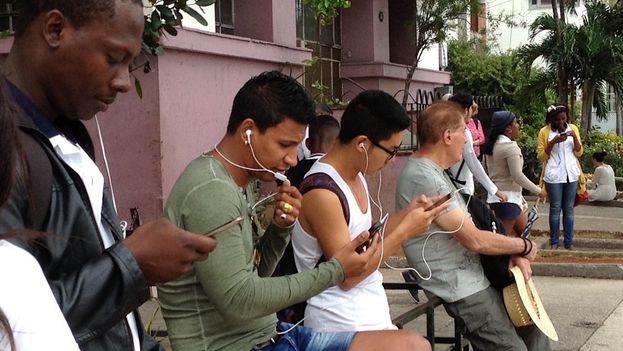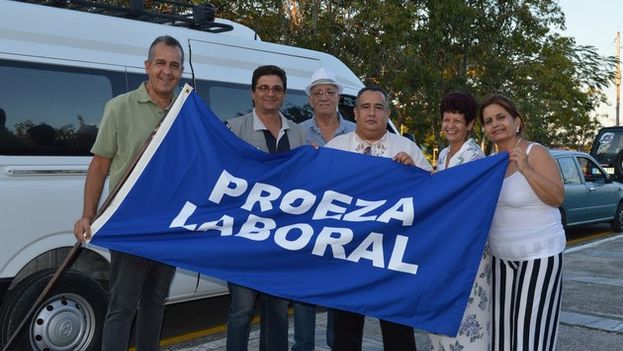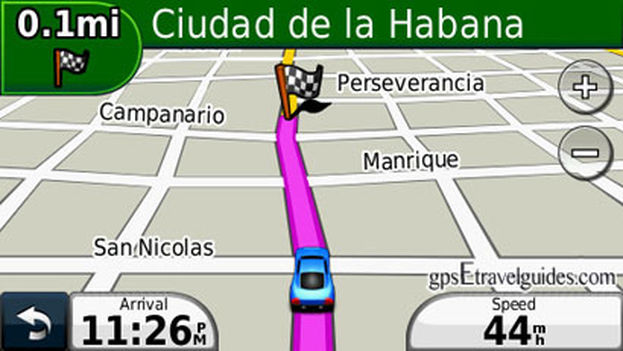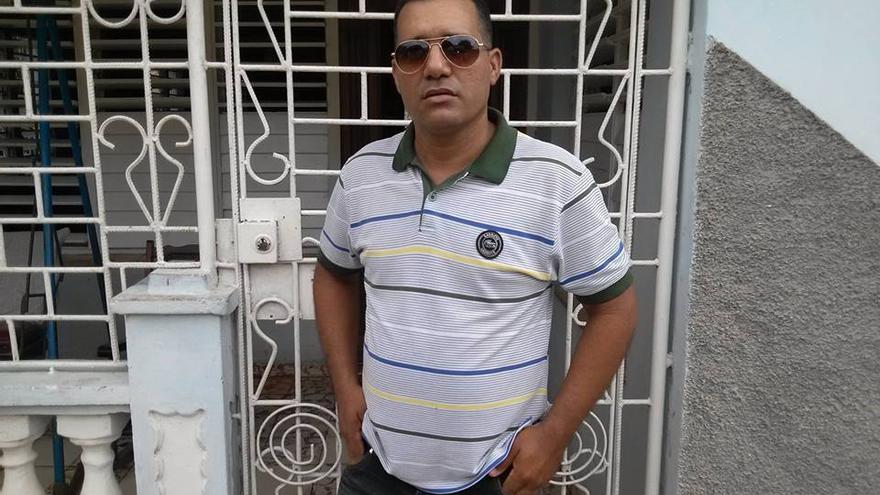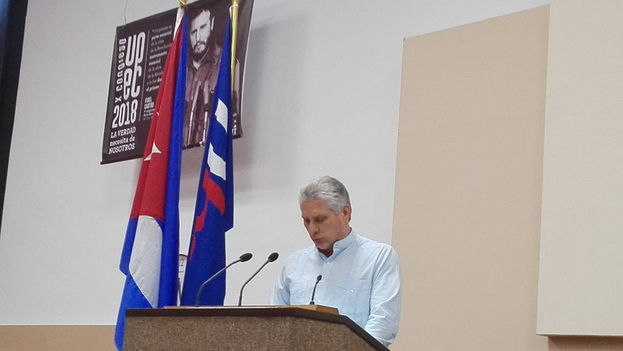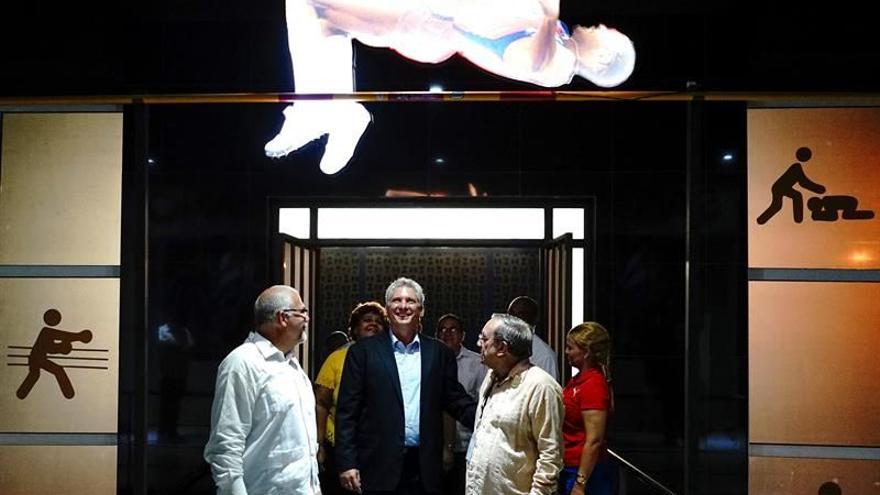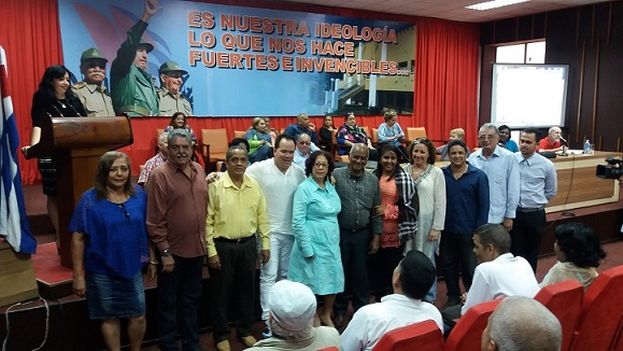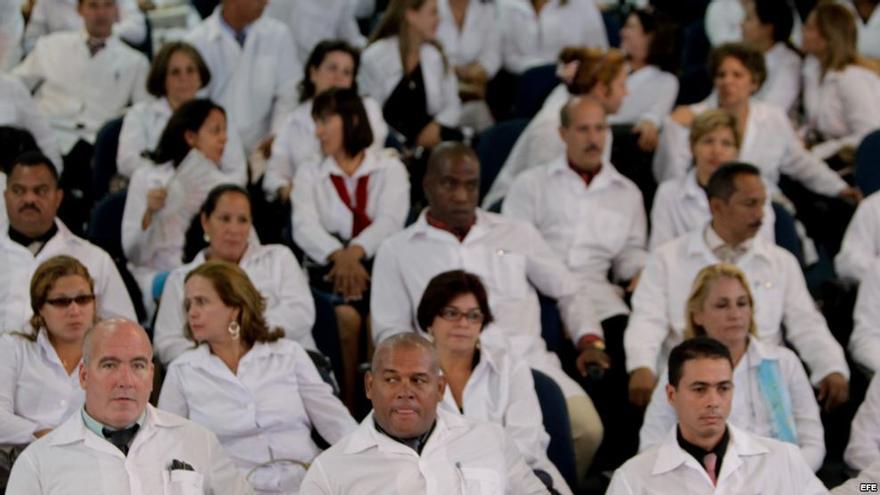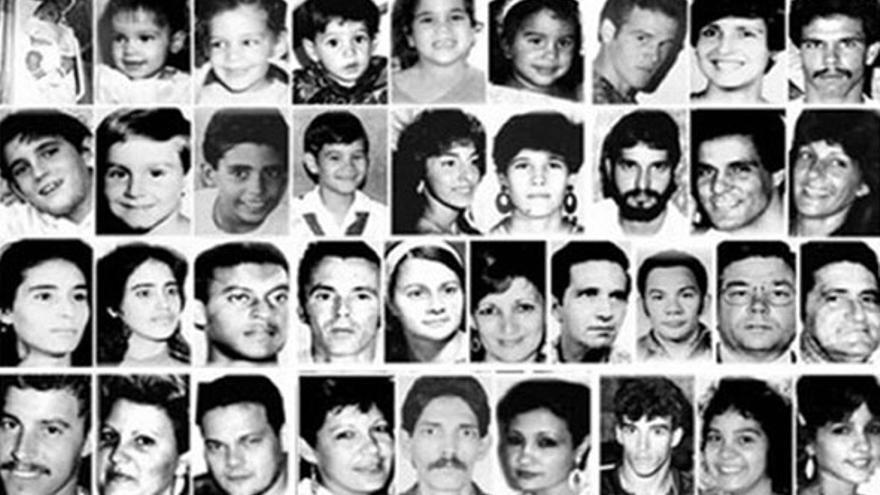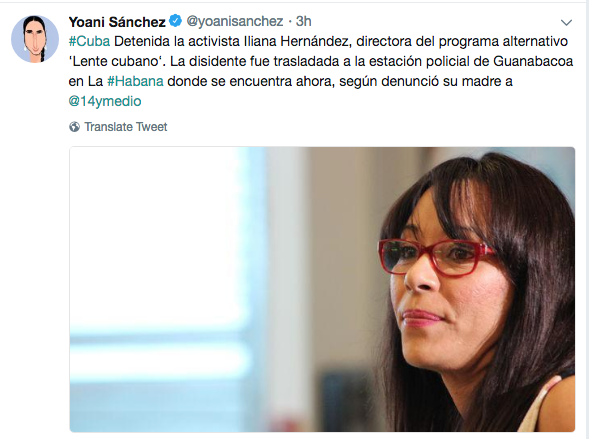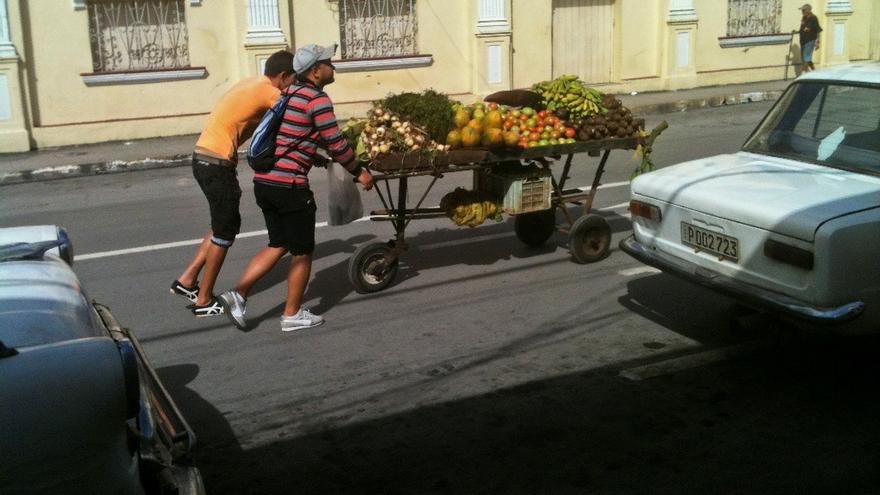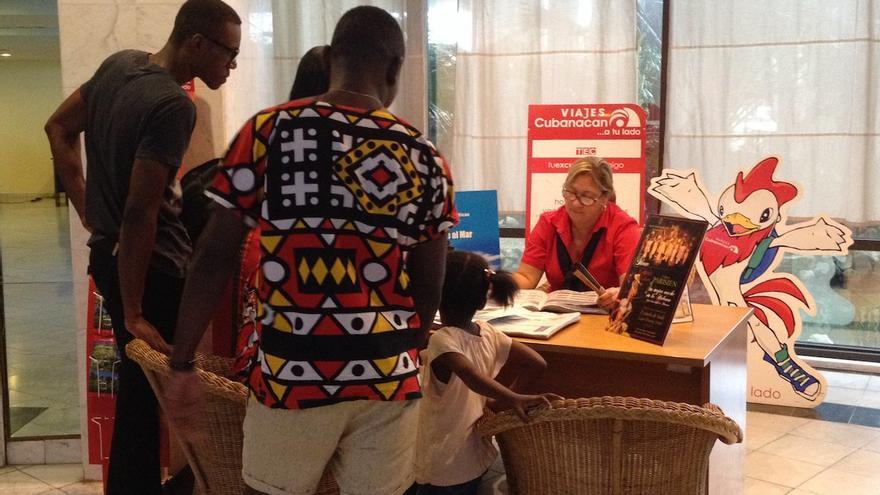
![]() 14ymedio, Marcelo Hernández, La Habana |19 July 2018 — Sand, sun and Cubans. The three elements prevail these days in many spas on the Island where national tourism takes advantage of school holidays and fills the gap left by the fall in foreign visitors. The employees of tourist facilities are least enamored with the domestic tourists, these expert seekers of the best deals and big eaters in the all-inclusive hotels, nationals are already the majority in many accommodations in the country.
14ymedio, Marcelo Hernández, La Habana |19 July 2018 — Sand, sun and Cubans. The three elements prevail these days in many spas on the Island where national tourism takes advantage of school holidays and fills the gap left by the fall in foreign visitors. The employees of tourist facilities are least enamored with the domestic tourists, these expert seekers of the best deals and big eaters in the all-inclusive hotels, nationals are already the majority in many accommodations in the country.
The image differs greatly from what could be seen just a decade ago, when Cubans living on the island were prohibited from entering hotels that charged in hard currency. Ten years later, the local accent has become frequent in the formerly forbidden rooms and recreational areas, and a robust market of private excursions has grown that orgnizes everything from transportation to lodging and entertainment. continue reading
On a corner of in Havana’s Vedado neighborhood last Friday, at least twenty families waited for the bus that would take them to Cienfuegos. Loaded with bags and several baby strollers, the holidaymakers greeted the bus with applause of joy. They had made reservations for at least two nights with everything included at Hotel Jagua in that city in the center of the Island.
“On the same date last year there was no chance that we would manage to fit such a large group in a hotel in one of the most visited areas,” says Luciano, a private guide who has been organizing trips for eight years covering all the Island’s provinces. “Since foreign tourism bgan to increase it became more difficult to organize this type of travel for Cubans.”
“We are not fishing in troubled waters but in a calm river, if more people come from abroad we can not squeeze in our customers,” says Luciano. In his extensive catalog, some offers are marked with a red checkmark. “These are the most attractive but also the hardest to get, because foreigners like them a lot.”
“Cayo Santamaría, two nights with everything included for 160 CUC,” reads one of the promotions. Luciano organizes the transport with buses that work for state companies during the week, but that have permission from their administrations to make tourist trips from Friday to Sunday. “We leave the clients in the hotel lobby, they pick up the key to their rooms and start enjoying themselves.”
Luciano is one of the few who rejoices in the fall of foreign tourism and the increase in those who arrive on cruises, and sleep on the boat rather than occupying hotel beds. Between January and June, around 50% of American visitors who arrived on the island did just that. In Cuba, 17 cruise companies operate, including Norwegian Cruise Line Holdings, Carnival Corporation and Royal Caribbean Cruises, with a growth of 28.6% in the first quarter of this year.
Although the latest data on US tourism, released on Wednesday from sources cited by Reuters, are more optimistic than those of the same period last year, with an increase of 5% (68,000 Americans of non-Cuban origin), the outlook is still negative. Even more so if one takes into account the post-thaw euphoria.
Global tourism figures, about 2.5 million visitors to Cuba, fell by more than 5% between January and June 2018. The figures include cruises for the first six months, which brought 379,000 people to the island, 45% more than in 2017. Taking into account only American tourists, the fall for the period is 24%.
The impact on business in the most tourist areas has not been long in coming. Restaurants that barely manage to fill half their tables, rental houses that previously were occupied 80% of the time now looking at their almost empty rooms, and state rental car business that just a year ago couldn’t cope and now have parking lots full of cars.
“One yuma less, two Cubans more,” explains Luciano in a simple arithmetic. “When Americans arrive on cruise ships they do not rent accommodation and as a result of that pressure hotels that were no longer providing capacity for the national market are forced to do so and even lower prices. What before one foreigner would pay for one night, I can reserve for a national couple.”
“Another influence is that we are in the off season right now. For foreigners its too hot but for Cubans these are good dates to go to the beach.” Among the examples, he mentions the exclusive resorts of Varadero.
“These were places that were sold exclusively through foreign companies, but now appear more and more in our catalogs,” he explains. “The hotels that are run by Spanish companies or from other countries are those most requested by Cubans, because they know that the they willbe treated better and the facilities and supplies are better,” he says. “This is the time to catch a place like that.”
Tatiana, the daughter of Cuban and Russian, agrees with that opinion. “I have everything already reserved for this summer, but I am waiting for more offers to come available,” she explains to this newspaper by phone. With contacts in state tourist agencies such as Cubatur, the joung woman resells in-inclusive packages to Viñales, Trinidad and Varadero, to which she adds transportation and pick-up, “on the corner of their house.”
“I’ve worked with Cuban clients for three years and I prefer them despite everything,” she says. “It is true that when you arrive at a hotel with ten or fifteen Cuban families, you’re not treated as well as foreigners, but this is a clientele that does not depend on the arrival of a plane, on the arrival of a cruise, that is sold a reservation in another country, these customers are already here.”
“For another thing, I can communicate very easily with them and the clients I’ve been working with for some time know the rules.” Tatiana believes, however, that for a four or five star hotel with everything included is very likely that a Cuban guest will cost them more. “They eat a lot more and also want to try a lot of drinks they don’t get to have very often, like expensive wines, whiskey and even champagne,” she says.
The majority of Tatiana’s clients are the “new rich.” Cubans who receive remittances from abroad, are engaged in private businesses, have benefits through the sale of art or are part of musical groups. “Every once in a while an occasional client arrives who wants to book a trip paid for by a relative who is coming on vacation from Miami,” she explains. “They are all people with convertible pesos, from one side or the other.”
People with fewer resources frequently resort to Popular Campismo (People’s Camping), a plan created by Fidel Castro in 1981, to “open up valleys, beaches and mountains, a form of accommodation and enjoyment available to everyone.” The option, with very modest accommodations, does not enjoy a very good reputation among the social sectors that already aspire to more comforts.
“I sell tourist packages to Cubans but I treat them as people. Just because are nationals they don’t have to be given a worse product,, explains Tatiana. “In the end, they are the ones who support my business, and it’s better for me that foreign tourism keeps falling because the hotels are not going to close because of that, if they offer more affordable packages for those from here.”
________________________
The 14ymedio team is committed to serious journalism that reflects the reality of deep Cuba. Thank you for joining us on this long road. We invite you to continue supporting us, but this time by becoming a member of 14ymedio. Together we can continue to transform journalism in Cuba.


